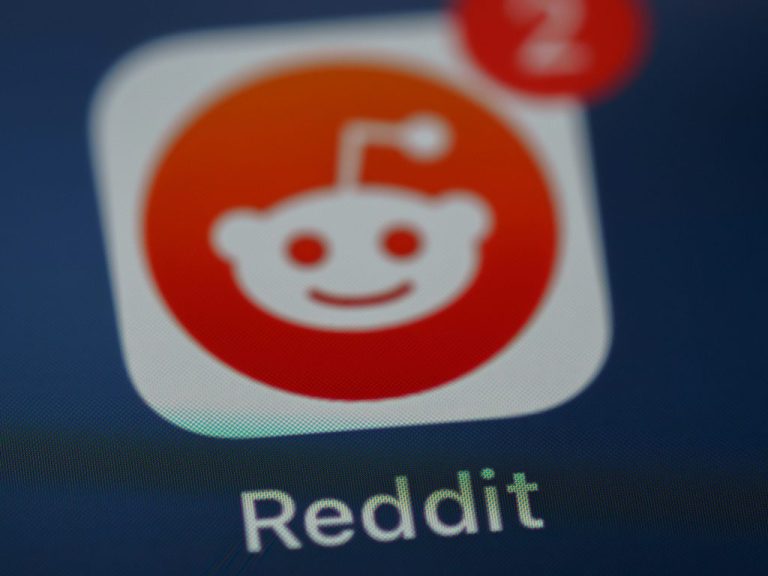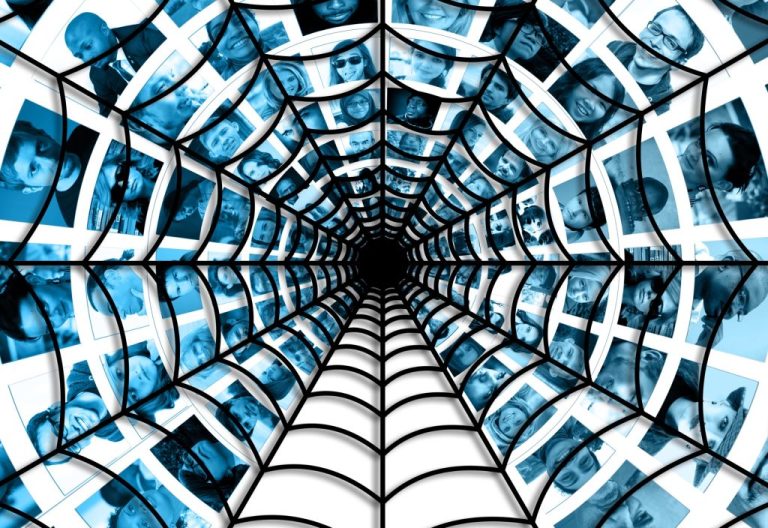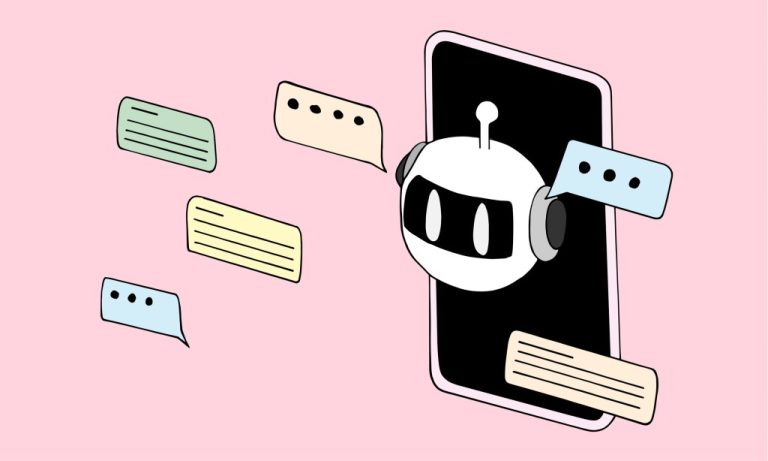ChatGPT Sees Surge in Popularity After Ghibli Feature Goes Viral: Discover Four Key Risks to Consider
ChatGPT Records Surge in Usage Following Ghibli-Style Image Feature
In the wake of ChatGPT’s latest image-generation tool, user engagement has soared as millions gravitate towards creations inspired by the unique art style of Studio Ghibli. This influx led to unprecedented usage levels for the chatbot, temporarily straining OpenAI’s systems.
Social media buzzed with AI-generated images reflecting the iconic aesthetics of the beloved Japanese animation studio known for classics like Spirited Away and My Neighbor Totoro. As reported by Similarweb, weekly active users of ChatGPT exceeded 150 million for the first time this year. OpenAI’s CEO, Sam Altman, indicated that the platform gained one million users within a single hour in early April—a feat that took the text-based version five days during its initial launch.
Data from SensorTower revealed significant gains in app usage, with weekly active users, downloads, and in-app revenue reaching record highs following the release of GPT-4o’s new image generation features. Compared to late March figures, there was an 11% increase in downloads, a 5% rise in active users, and a 6% growth in revenue. However, the new tool’s popularity resulted in service slowdowns and brief outages. Altman acknowledged these challenges, indicating users should prepare for delays in feature availability as the team addresses capacity issues.
Legal Considerations Surrounding AI-Generated Ghibli-Inspired Art
The widespread use of Ghibli-inspired artwork generated by ChatGPT has ignited debate around copyright issues. Legal professionals note that while artistic styles themselves may not be fully protected, closely replicating a well-known aesthetic could traverse uncertain legal boundaries. Evan Brown, an attorney at Neal & McDevitt, stated, “The legal landscape of AI-generated images imitating Studio Ghibli’s unique style is complex. Copyright law typically safeguards specific expressions rather than artistic styles.”
Comments from Hayao Miyazaki, a co-founder of Studio Ghibli, have recently resurfaced. In 2016, he expressed his distaste for AI-generated art, stating, “I am utterly disgusted. I would never wish to incorporate this technology into my work at all.” Furthermore, OpenAI has not disclosed whether the image-generation model was trained on similar content to Ghibli’s works.
User Privacy and Data Security Risks
This trend has raised significant concerns about user privacy and data security. Christoph C. Cemper, founder of AI prompt management firm AIPRM, emphasized that uploading a photo for artistic transformation could involve risks that users may not fully comprehend. “When you submit a photo to an AI art generator, you are potentially revealing your biometric data (your face). Some AI platforms may retain this data to train future models or even share it with third parties—information many users might overlook,” Cemper warned.
OpenAI’s privacy policy states that it collects personal information and usage data, including images and content from users. Unless users opt-out of data collection or request deletion through their settings, this content is retained and utilized to enhance future AI models. Cemper cautioned that once a facial image is uploaded, it is susceptible to misuse—potentially leading to identity theft, deepfake content, or impersonation scams. He pointed out previous instances where private images appeared in public AI datasets, such as LAION-5B, used to train various AI tools like Stable Diffusion.
Copyright and Licensing Challenges
Concerns also arise about AI-generated works that resemble well-known artistic brands crossing into copyright violations. While crafting art in the style of Studio Ghibli, Disney, or Pixar may seem innocuous, legal experts warn it could be deemed derivative, particularly if the imitation is too precise. In 2022, numerous artists initiated a class-action lawsuit against AI companies, alleging their models were trained on original artworks without obtaining consent. These cases highlight the ongoing conversation about finding a balance between innovation and the rights of creators.
As generative AI becomes increasingly prevalent, concerns over rights and licensing have emerged. Cemper has urged users to closely examine the terms of service provided by AI platforms. Many of these agreements include licensing clauses with phrases like “transferable rights,” “non-exclusive,” or “irrevocable license,” which empower platforms to reproduce, modify, or disseminate submitted content—even after the application has been uninstalled.
“The rollout of ChatGPT’s image generator illustrates the immense capabilities of AI, as it can perfectly emulate iconic artistic styles with just a few clicks. However, this remarkable ability is accompanied by an escalating risk: the distinction between creativity and copyright infringement is increasingly obscured,” Cemper noted.
The swift advancement of AI technology also raises significant concerns regarding privacy and data security. There is an urgent need for clearer and more transparent privacy policies, allowing users to make informed choices about uploading their photos or personal information.
Search interest for terms like “ChatGPT Studio Ghibli” has surged by over 1,200% recently. Yet, as creativity and trends catch on, serious issues concerning privacy, copyright, and data usage have arisen. As AI image generation tools improve and become more accessible, users may want to reconsider uploading personal images, especially if they are unsure about where their data might eventually end up.
For those interested in exploring more about AI and big data, the upcoming AI & Big Data Expo will take place in Amsterdam, California, and London. This extensive event will be co-located with other significant gatherings, such as the Intelligent Automation Conference, BlockX, Digital Transformation Week, and Cyber Security & Cloud Expo.
Stay updated on various upcoming enterprise technology events and webinars powered by TechForge.
Stay Updated with Tech News
Subscribe to receive our premium content and the latest technology news directly to your inbox.
Popular Articles
1. The Role of Machine Learning in Enhancing Cloud-Native Container Security – 39,385 views
2. Innovative Machine Learning Applications Transforming Business Processes – 14,170 views
3. AI and Automation Used to Fraudulently Boost Music Streams – 12,034 views
4. Benefits of Partnering with Outsourced Developers – 10,365 views
Latest Insights
Stay informed about the latest developments in artificial intelligence, machine learning, and beyond. Our comprehensive articles provide in-depth analysis and insights.
In the world of artificial intelligence, significant strides are being made, particularly in addressing issues like hallucinations in AI systems. A recent MIT spinout is at the forefront of this endeavor, teaching AIs to recognize their limitations and admit when they lack knowledge.
Meanwhile, in healthcare, IBM and Roche have collaborately harnessed AI technology to enhance diabetes management by accurately forecasting blood sugar levels, representing a promising advancement in patient care.
On a contrasting note, there’s growing concern about the implications of AI on free speech, as highlighted by DeepSeek’s new AI model. Critics argue that this development marks a significant regression for freedoms in digital communication.
Stay informed with the latest developments in tech, including the ethical landscape of AI and its applications across various industries. The insights shared are essential for anyone keeping pace with technological innovations and their societal impacts.
Countries across the globe are diverse and unique, each with its own culture, history, and geographical features. The world is divided into various nations, including well-known areas like the United States, Afghanistan, and Australia, as well as smaller territories such as the Cook Islands and Gibraltar.
This diversity is reflected in the vast array of languages spoken, traditions celebrated, and landscapes that are encountered. From the deserts of Algeria to the lush forests of New Zealand, every country offers something distinct. Regions like the Caribbean Islands boast stunning coastlines, while countries like Switzerland are renowned for their picturesque mountains.
Furthermore, international relations and global dynamics play a significant role in how these countries interact. Economic partnerships, cultural exchanges, and diplomatic engagements shape the geopolitical landscape and influence the global community.
Understanding and appreciating this diversity is essential, as it enriches our perspective and promotes global harmony. Through travel, education, and communication, individuals can learn more about the world’s many nations and the beautiful intricacies that define them.






